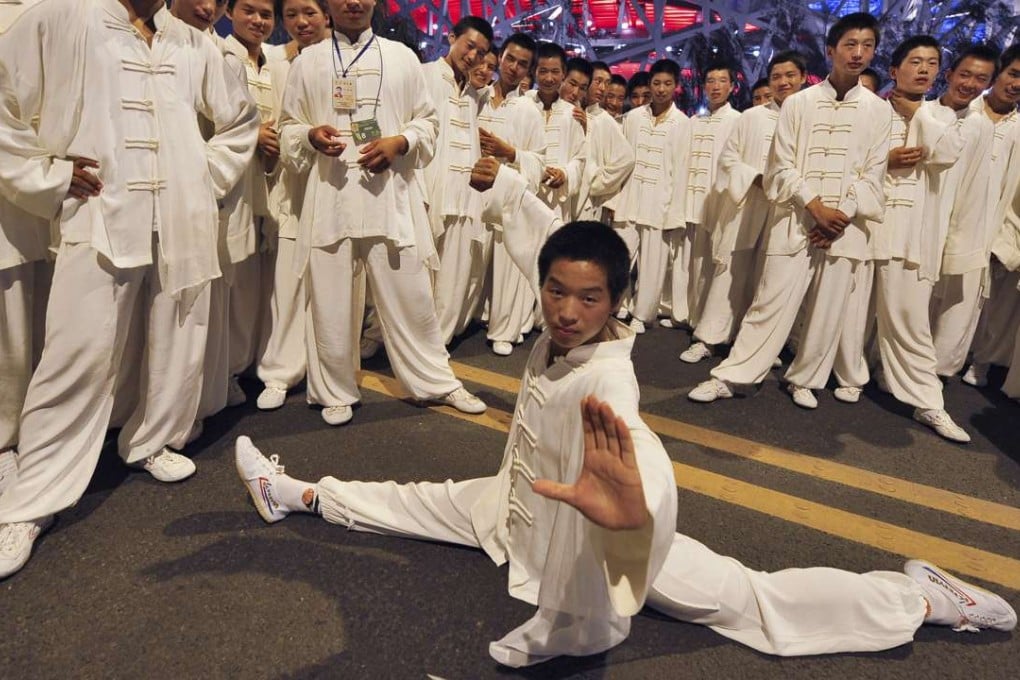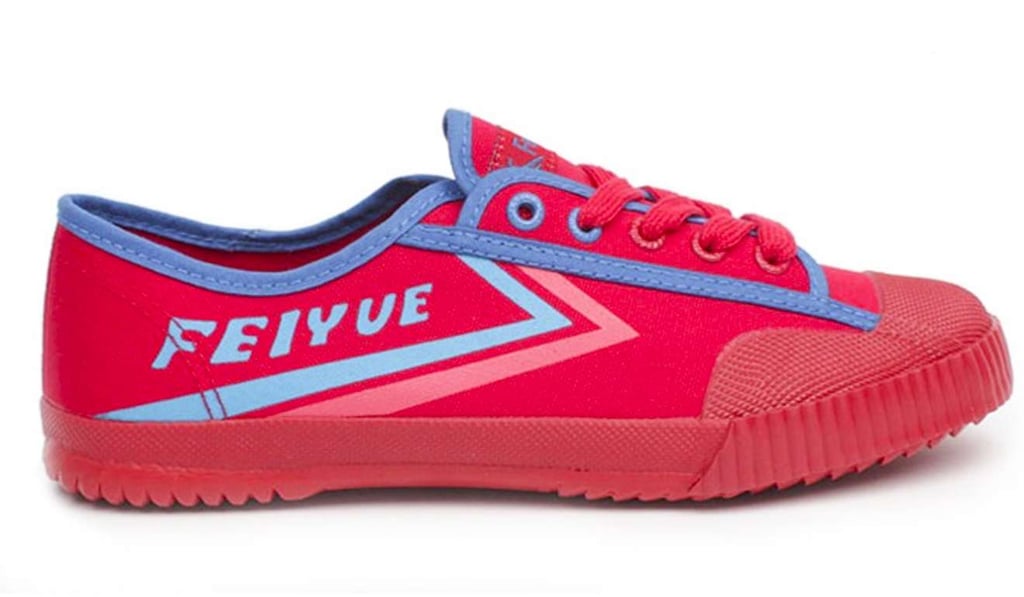Chinese company calls French firm ‘robbers’ for making Feiyue trainers
Durable sports shoe favoured by martial art exponents in China at the centre of international dispute that raises questions about intellectual property rights in an age of global commerce

When it comes to the sincerest form of flattery – imitation – Chinese companies are often considered to be the champions. From popular luxury handbags and Rolls-Royce cars to smartphones and even KFC fast food, there is little they won’t duplicate. Additionally, Chinese transliterations for famous Western brand names are trademarked in China, putting the original innovators in a bind when they want to sell in China.
Now, the tables may be turning, with one French business finding inspiration in a Chinese product and giving the design a sophisticated makeover. And not everyone in China is happy with the turn of events.

Feiyue is a brand of sneaker that originated in Shanghai in the 1950s as humble footwear favoured by monks and martial arts students. Known for their durability, the plimsolls gained a cult following. At the 2008 Beijing Olympics, all martial arts performers in the opening ceremony wore Feiyue (which translates as “fly forward”). They are also the footwear of choice for secondary school students in PE lessons.
Patrice Bastian, a marketing and events manager, bought a pair of Feiyue for practising martial arts while he was living in Shanghai in 2005. He sensed that there could be a market for the shoes outside China. In the same way that Vans, Converse and Superga have evolved from humble beginnings to become youthful fashion statements, Bastian wanted to transform Feiyue into a hip must-have sports shoe for the French market.
How young Chinese fashion designers are making their mark in the global industry
So in 2006, he began working with a factory in China that manufactured the shoes. The following year, however, a factory representative told Bastian it could no longer continue to provide the small quantities his start-up required. Having poured his life savings into the business, Bastian was reluctant to give up. He asked if he could buy the brand registration to continue producing Feiyue independently through other factories in China and sell them in France. The factory manager consented, and Bastian went on to trademark the Feiyue name in France, and then the US.